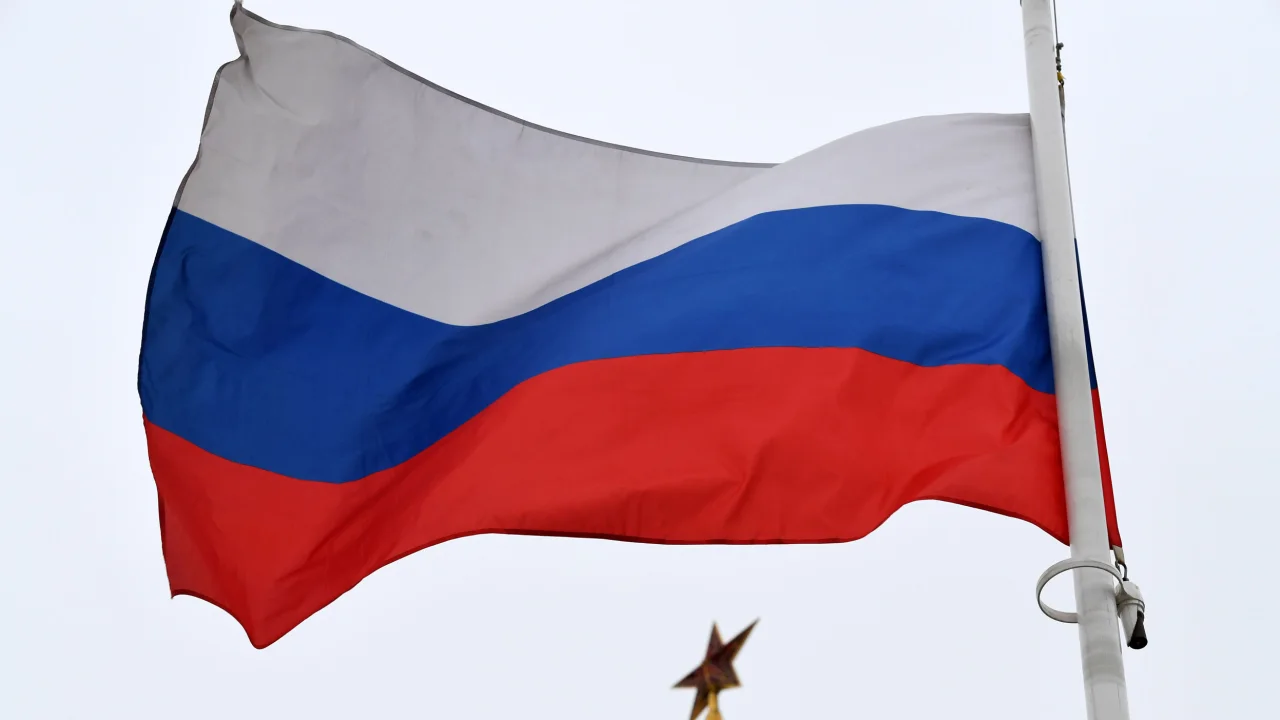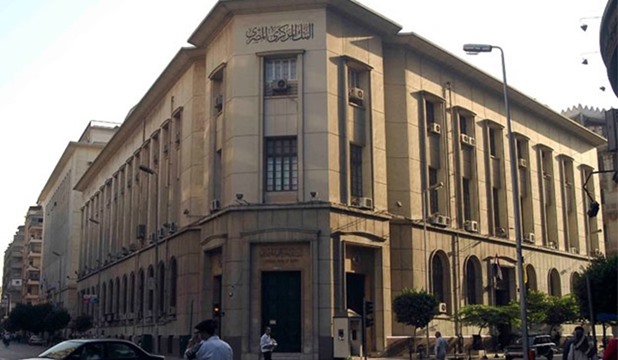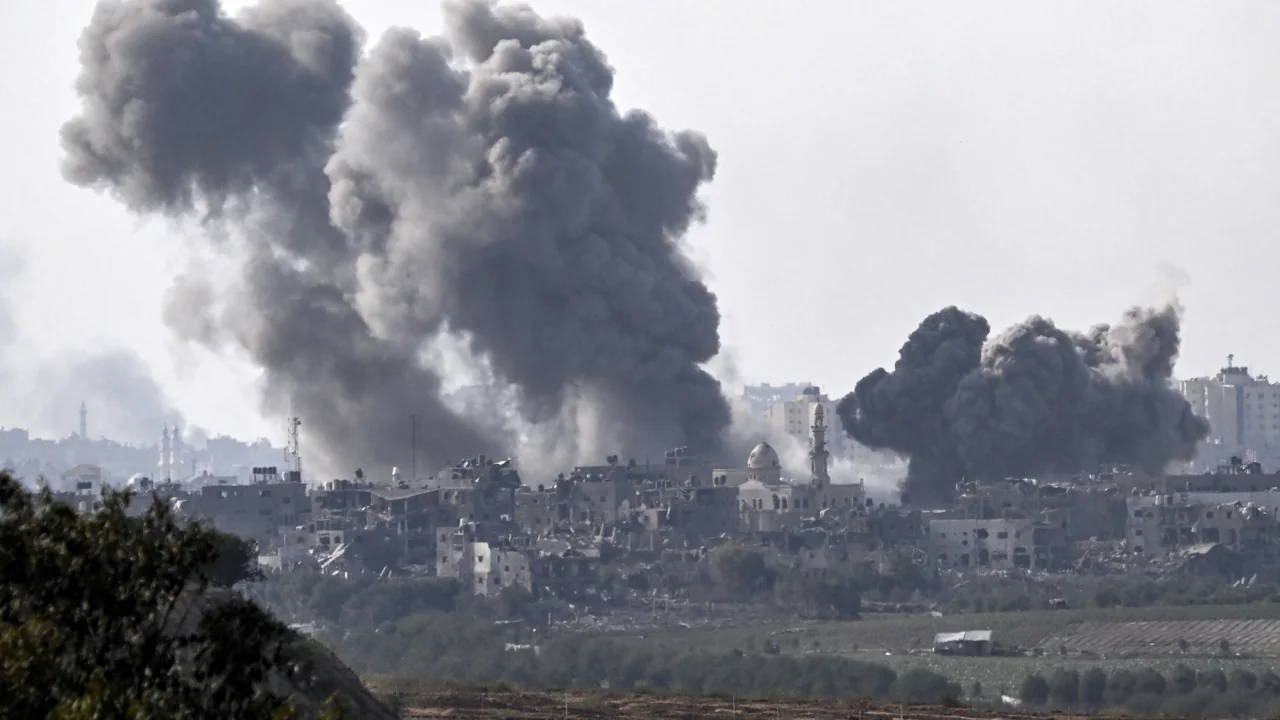
In late September, while President Joseph Biden struggled with a multitude of domestic issues and President Vladimir Putin sought opportunities to score points on the international arena, the United States and Russia accomplished a series of potentially consequential diplomatic exchanges and probes at the medium–high level. In Geneva, the two sides held rounds of consultations on strategic stability and cybersecurity; both countries’ top military commanders met in Helsinki; and Victoria Nuland, the US Under Secretary of State for political affairs, planned a visit to Moscow. Sergei Lavrov, Russia’s veteran foreign minister, did not cross paths with his US counterpart, Antony Blinken, in the corridors of United Nations General Assembly; but he did find time in his schedule to meet with leaders of the US Jewish community to discuss Russian-US relations (Mid.ru, September 24). In turn, Putin avoided Washington during this time, setting his sights instead on a different horizon, and ended his COVID-19 quarantine to meet with Turkish President Recep Tayyip Erdoğan, in Sochi (Kremlin.ru, September 29).
Few details emerged about the consultations in Geneva, which were launched last June as one outcome of that first (and so far only) Putin-Biden summit. But the tone of the commentary in the Russian media regarding the latest bilateral talks has tended to be more disappointed than optimistic. Some success was apparently achieved in talks on cybersecurity: namely, several gangs of Russian hackers (such as REvil) implicated in high-impact ransomware attacks have been shut down. Moscow, however, complains about a lack of reciprocity regarding purported hacker attacks originating in the United States (Kommersant, September 29). As for the much-anticipated talks on strategic stability, scant common ground was found as Russia remains reluctant to discuss nuclear warheads for non-strategic systems (Izvestia, October 1). For the US, arms control arrangements that do not include China make little sense, but Russia attaches much importance to preserving bilateral formats, which boost its international profile, and cannot possibly put any pressure on Beijing to join the Geneva pre-negotiations as a third party (Nezavisimaya Gazeta, September 30).
The conversation between General Mark Milley, Chairman of the US Joint Chiefs of Staff, and General Valery Gerasimov, the chief of the Russian General Staff, remains confidential; yet their meeting in the Finnish capital marked a renewal of exchanges following the interruption that lasted 20 months (Moscow Times, September 22). An obvious need exists to reduce risks of accidental encounters, but the recent intercept of a US B-52H bomber performing a strategic patrol mission over the Northern Pacific by three Russian Su-35 fighters proves that no understanding on this issue has been reached (Rossiyskaya Gazeta, September 26). Moscow signaled strong displeasure with the North Atlantic Treaty Organization’s (NATO) Rapid Trident 2021 exercises in Ukraine, but it adamantly rejects all Western concerns about the military buildup in Crimea or the purpose of last month’s massive Zapad 2021 exercises (Nezavisimoe Voennoe Obozrenie, September 30). Ukraine is supposed to be the main theme of Nuland’s discussions in Moscow with Dmitry Kozak, the deputy head of the Russian presidential administration; however, the Russian side keeps setting new conditions for issuing her a visa, since she is “blacklisted” in response to US sanctions against Russian officials implicated in corruption (Kommersant, September 25).
Moscow is clearly not interested in discussing its military pressure on Ukraine or the reduction of natural gas transit through the latter’s territory: indeed, Hungary and Croatia have already begun receiving Russian gas supplies via the newly constructed Turk Stream pipeline laid across the Black Sea (RBC, October 1). Putin found it opportune to thank Erdoğan for granting support to this project, perhaps the only agenda item in their summit schedule that contained no implicit disputes (RIA Novosti, September 30). Many Moscow-based commentators had predicted a tense meeting, with disagreements stretching from Libya to Syria to Azerbaijan’s Karabakh (Nezavisimaya Gazeta, September 27). Instead, the two leaders, who have a fairly good measure of one another, tried to eschew the quarrels and to publicly show accord, jokingly disagreeing only about who had a higher antibody count after re-vaccination (Kommersant, September 29). Putin was interested primarily in advancing the agenda of nuclear cooperation and arms exports, including further deliveries of S-400 surface-to-air missiles; while Erdoğan was content to go along (Interfax, September 30).
The lack of concern about the escalating tensions in the Syrian rebel-controlled and Turkish-protected Idlib province might appear puzzling, but Putin prefers to focus only on those issues in the conflict-rich Middle East and North Africa (MENA) region that can attract US attention (Nezavisimaya Gazeta, September 27). Lavrov, for that matter, made time in his busy schedule at the UN General Assembly for a meeting with his counterpart from Mali and elaborated on the prospect of deploying Russian private security contractors (such as the notorious Wagner Group) to this region (Rossiyskaya Gazeta, September 26). Whereas Gerasimov, according to Moscow rumors, sought to engage Milley in a discussion on Afghanistan, hinting at the possibility of granting the US limited access to Russian infrastructure in Central Asia (particularly the Kant airbase in Kyrgyzstan) for executing “over-the-horizon” strikes against terrorists of mutual concern (Novaya Gazeta, September 30).
The Russian leadership is perfectly aware of the Biden administration’s heavy policy focus on China but feels anxious about the fast-changing power balance in the Indo-Pacific (Russiancouncil.ru, September 24). Putin’s personal ties with Chinese potentate Xi Jinping have become rather lax in the course of the epidemic (which shows no signs of retreat in Russia), and the Kremlin has a hard time figuring out the significance of the recently surging anti-corruption campaign in China (Republic.ru, October 1). The dynamics of the Chinese military buildup is astounding to Russian experts, who lament the dwindling capabilities of their own country’s Pacific Fleet (Nezavisimaoe Voennoe Obozrenie, September 30).
Pressing on various trouble spots in the wider Middle East—from the S-400 missiles in Turkey to the “Wagners” in Mali—may seem for the Kremlin to be a useful tactic to compensate for its weakness in the Asia-Pacific by playing on Russia’s perceived strength, anchored in Syria. The Biden team surely cannot ignore the plethora of security challenges emanating from the Middle East, but it also wants to avoid seeing its top priority distorted, like the “pivot to Asia” was a decade ago. US policy is informed by an assessment of the limits of Russia’s real capabilities to manipulate the conflicts in the Middle East, which are further undercut by the growing need to deal with the new security anxieties in Central Asia. Putin may pretend to be a master of conflict management, but his attempts to regain US attention look increasingly desperate.
Note: This article have been indexed to our site. We do not claim legitimacy, ownership or copyright of any of the content above. To see the article at original source Click Here












